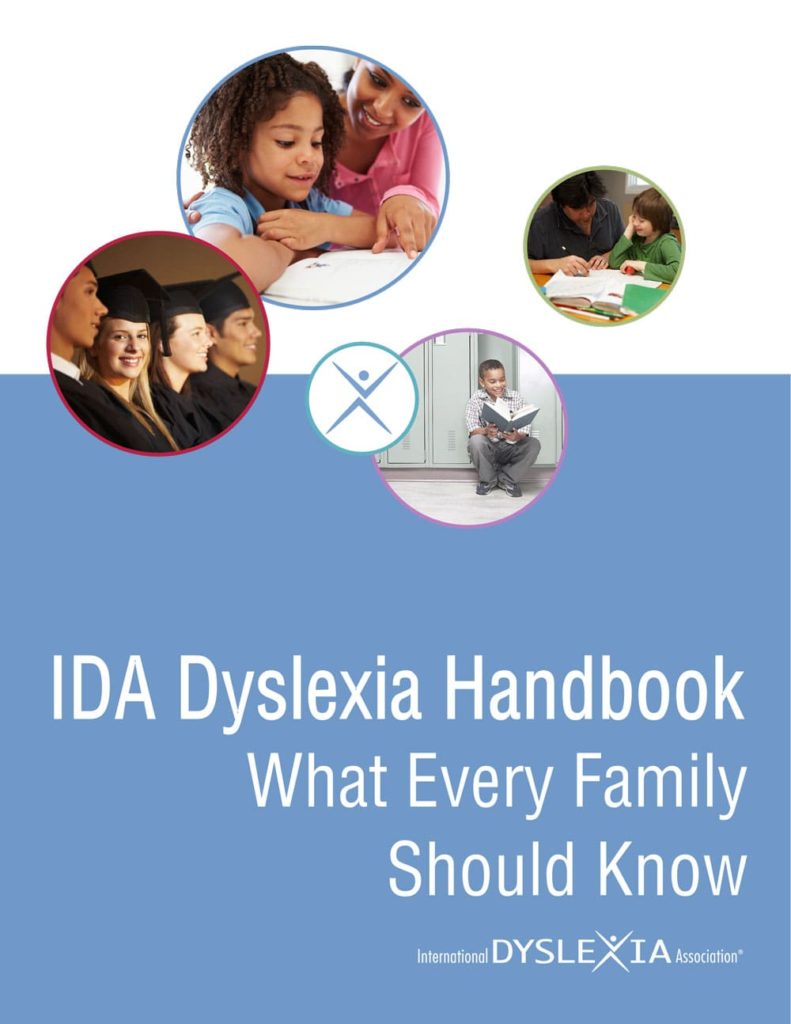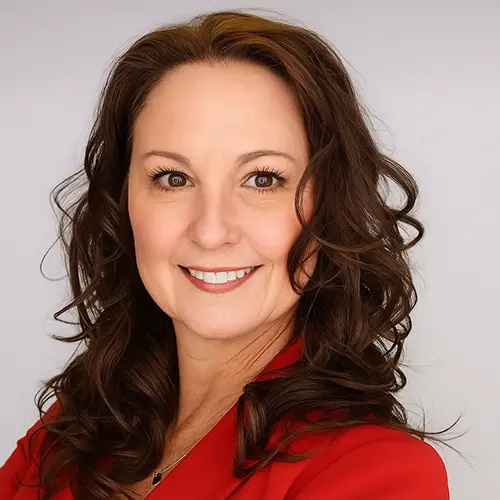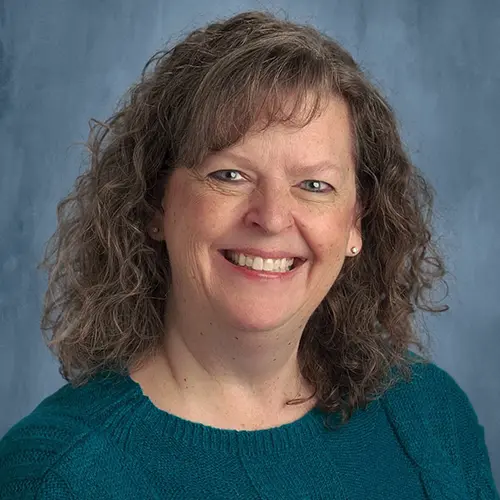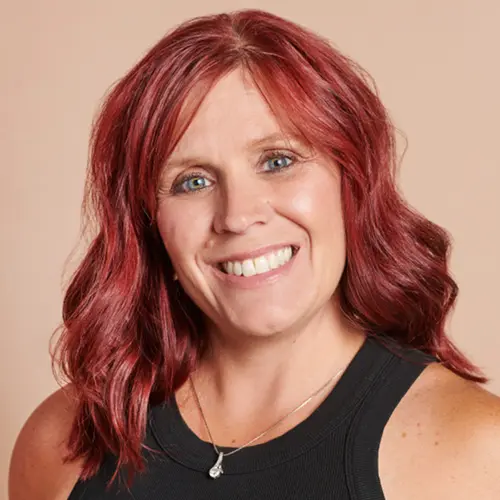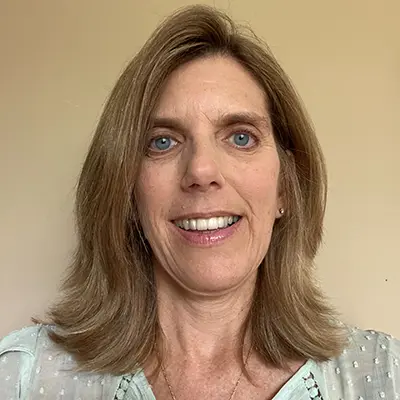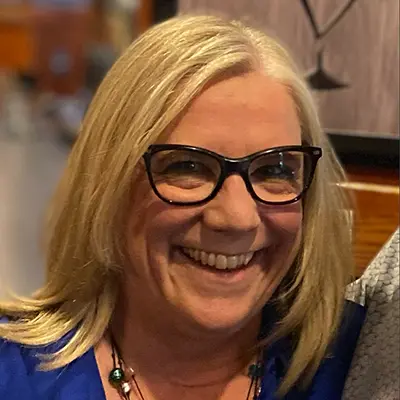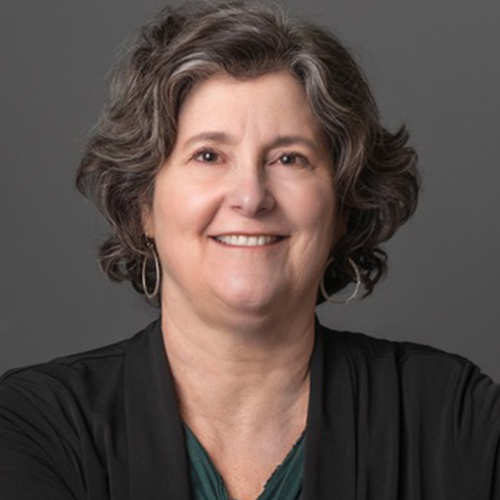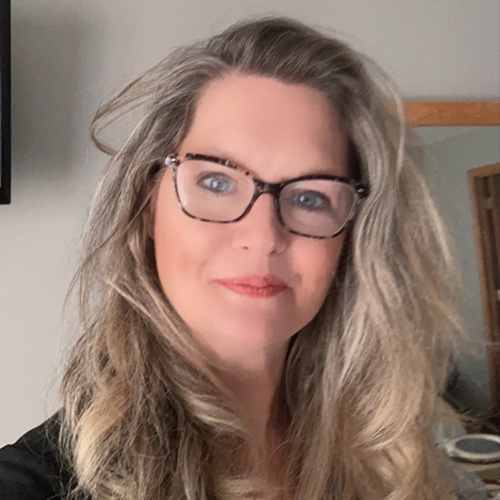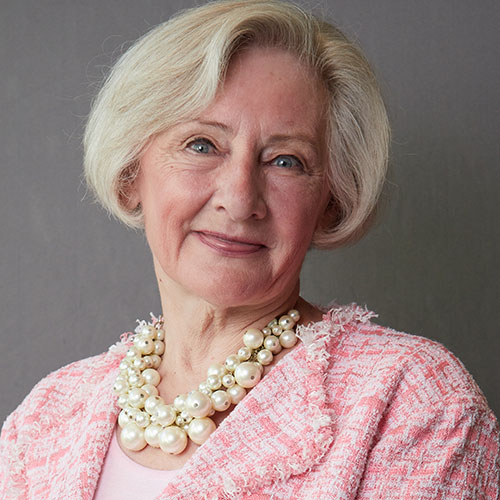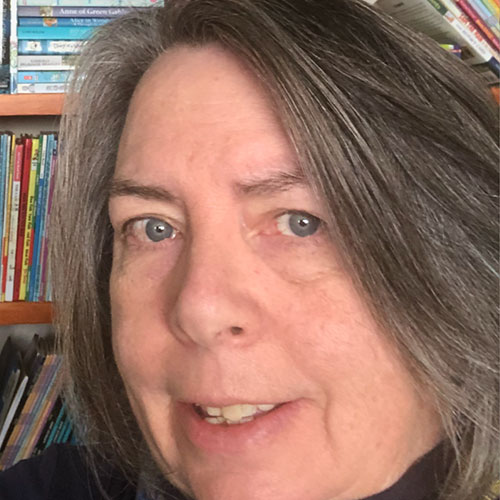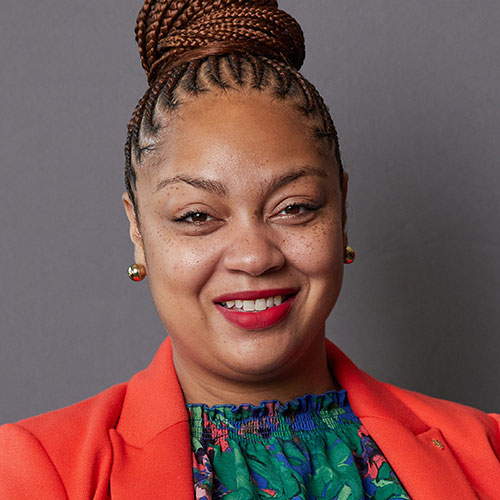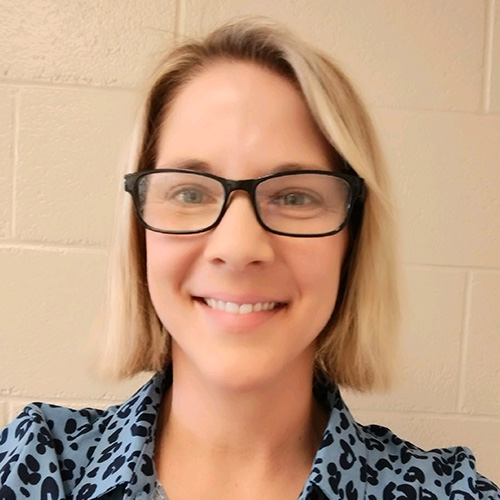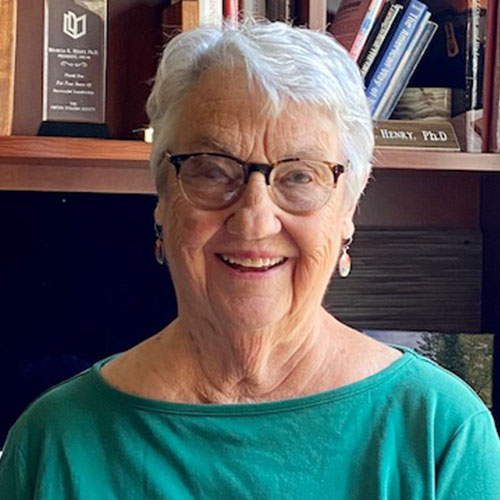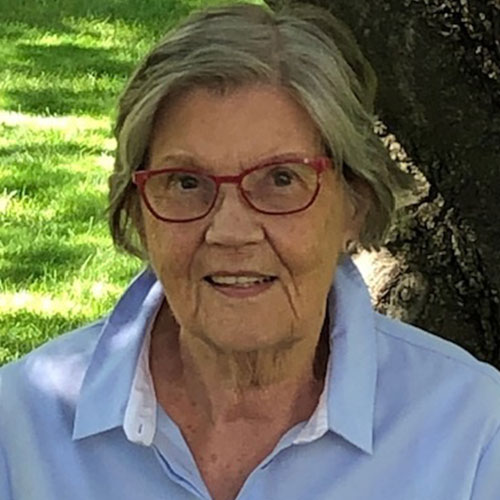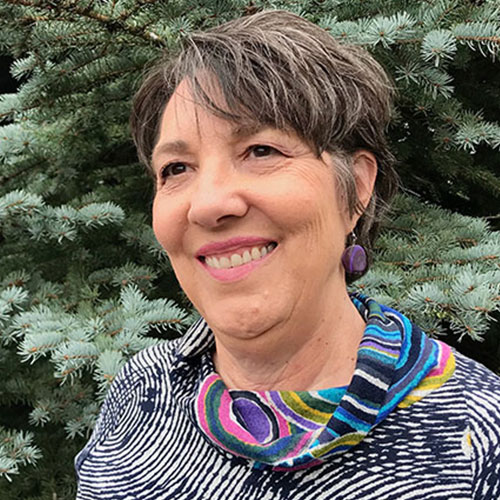:: for parents ::
When you’ve got questions, we’ve got your back.
When your child is struggling to read, the questions flood into your head—What could be happening? Will this get better? Where can I go for help? The questions can seem endless and the path is unclear.
As a 50-year old branch of a 100-year old organization, we’re here to tell you there is hope. And now you have an expert partner on your path. We can help you define and understand the characteristics of dyslexia, give you resources for assessment, testing and tutoring, guide you in dealing with your school and much more.

